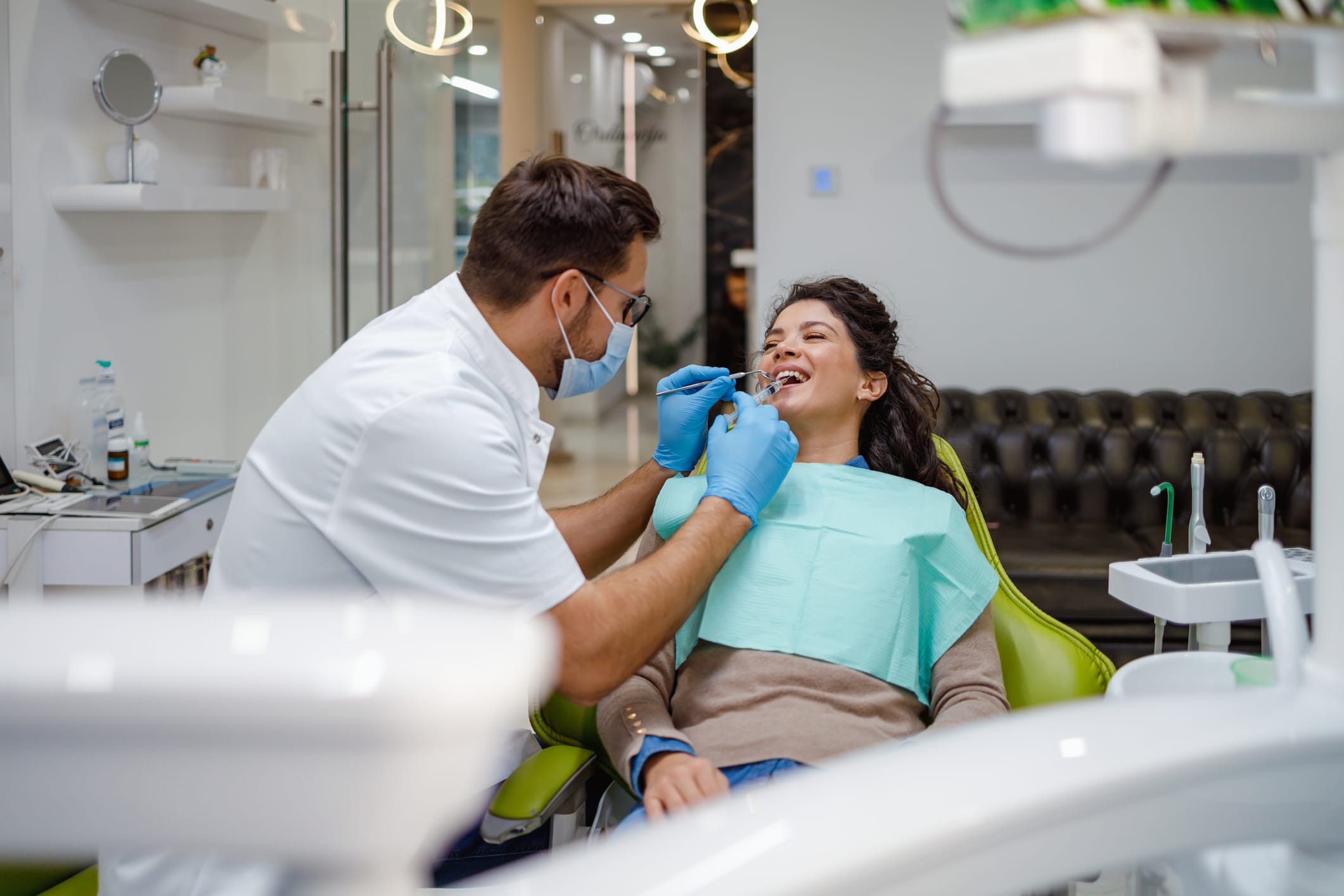Maintaining good oral health is important for everyone, but for people living with primary biliary cholangitis (PBC), it plays a special role in protecting the liver.
Growing evidence shows that oral bacteria and inflammation don’t just affect the mouth; they can also impact the immune system and liver health. Learn how taking care of your teeth and gums can help you live healthier with PBC.
Understanding dental health and PBC
Saliva is the body’s natural defense against bacteria: It washes away food particles and neutralizes acids that cause decay. But research suggests that the saliva of people living with PBC might not always be helpful: It contains harmful bacteria and inflammatory molecules that can further damage the liver.
Oral bacteria and the immune response
The human mouth hosts over 700 species of bacteria; many of these play crucial roles in supporting immunity and blocking harmful bacteria. In people living with PBC, however, the harmful bacteria may outnumber the helpful bacteria, a condition known as oral dysbiosis.
When harmful oral bacteria multiply, they can enter the bloodstream through small cuts in the gums. This can trigger immune responses that worsen liver inflammation or interfere with bile flow. Keeping the mouth healthy helps prevent this cycle of inflammation from spreading beyond the oral cavity.
The role of gut bacteria
More than a liter of saliva enters the gut daily; for those navigating life with PBC, this means that the problematic bacteria within the mouth will reach the stomach and intestines.
Oftentimes, this leads to dysbiosis of the gut bacteria and the creation of an inflammatory environment. Areas of inflammation within the intestines create opportunities for harmful bacteria to enter the bloodstream and further damage the liver.
The dangers of dry mouth
Harmful bacteria isn’t the only oral health challenge in PBC; dry mouth can also make it difficult to keep your teeth and gums healthy.
Dry mouth is a common symptom in many chronic liver diseases, including PBC. Additionally, some medications used to treat PBC cause dry mouth as a side effect. Since saliva helps wash away plaque-causing bacteria, dry mouth means more bacteria cling to your teeth and increase your risk of dental decay.
Learn more about managing dry mouth in PBC
Oral health tips for PBC
Routine dental care can make a measurable difference for those living with PBC. Individuals who received full-mouth scaling and root planing — a deep dental cleaning — showed a reduction in liver enzyme levels and bacteria within the saliva.
Here are some ways to protect oral and liver health:
- Brush at least twice a day with a soft-bristled toothbrush.
- Floss daily to remove bacteria between teeth.
- Use alcohol-free mouthwash to avoid further drying of the mouth.
- Stay hydrated, sipping water throughout the day.
- Schedule regular dental visits for professional cleanings.
- Ask your dentist about saliva substitutes or fluoride treatments to protect tooth enamel.
The bottom line
For people with PBC, oral care is more than a cosmetic concern; it’s part of liver care. A healthy mouth can help reduce inflammation throughout the body, potentially easing the burden on the liver. With small daily habits and regular dental checkups, people managing PBC can help break the cycle between oral inflammation and liver stress — supporting a healthier future, one smile at a time.
Sign up here to get the latest news, perspectives, and information about PBC sent directly to your inbox. Registration is free and only takes a minute.

